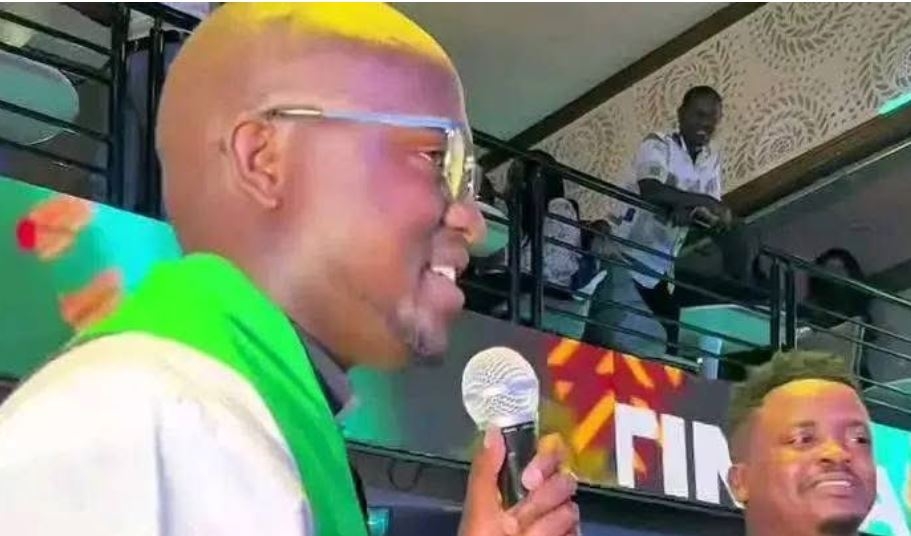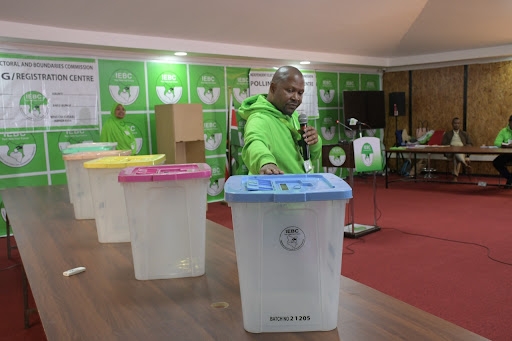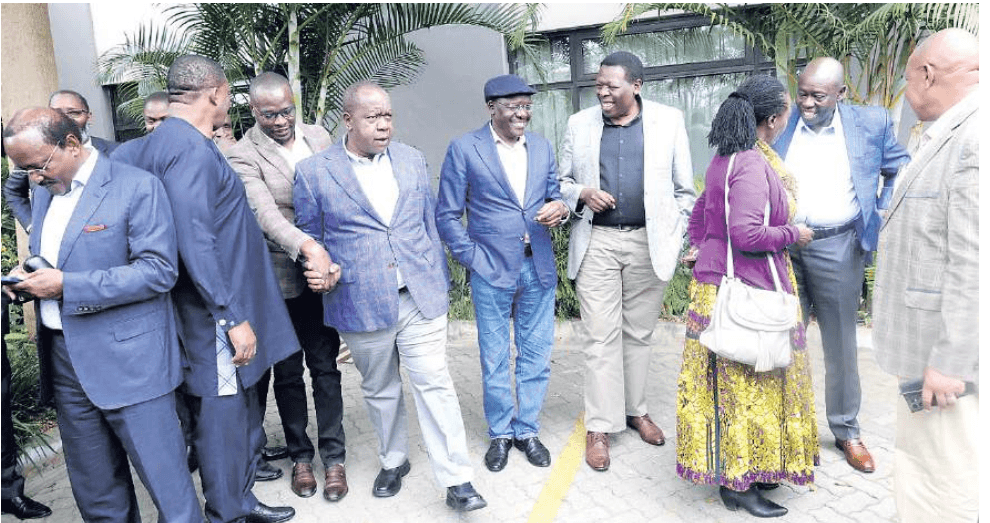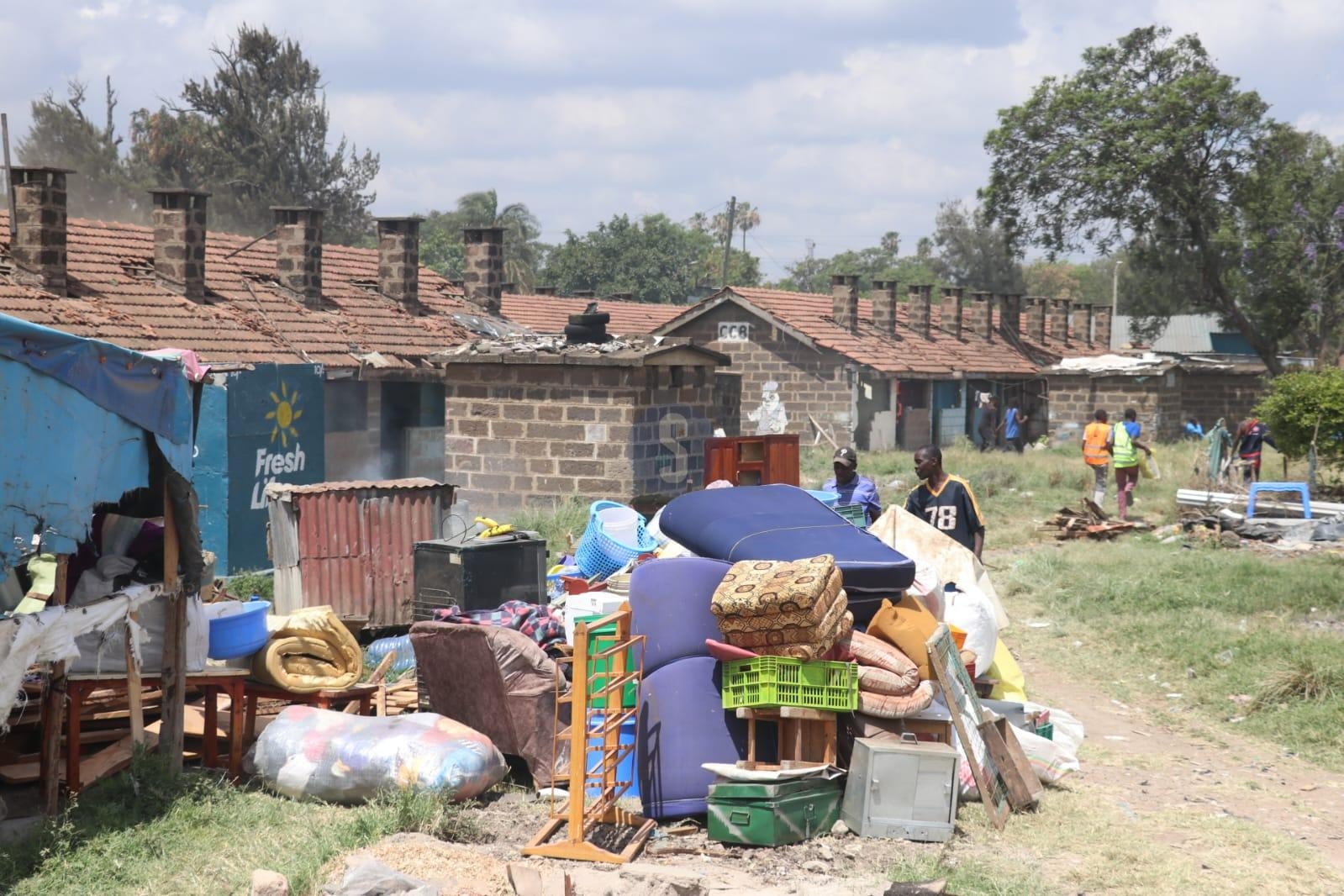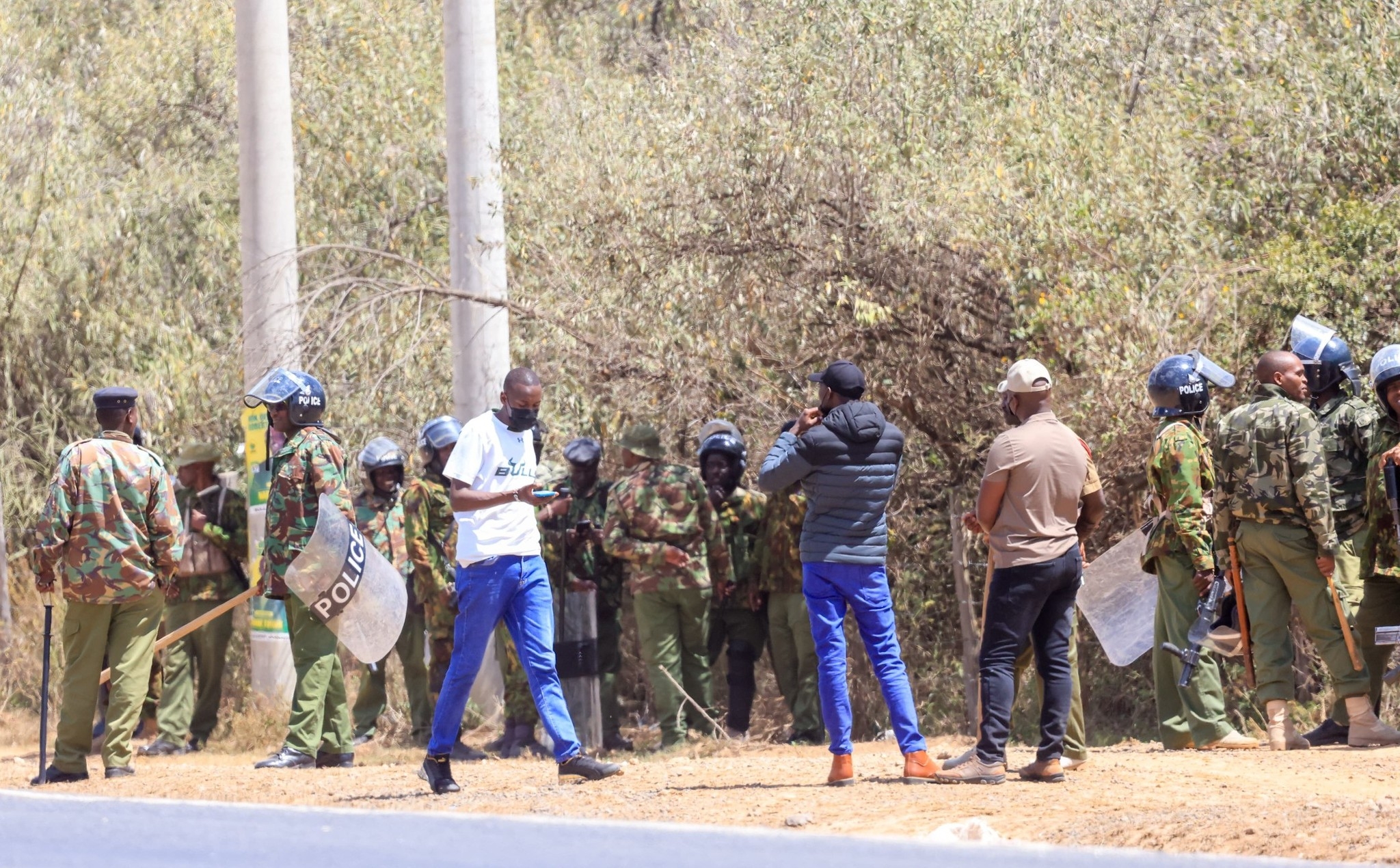
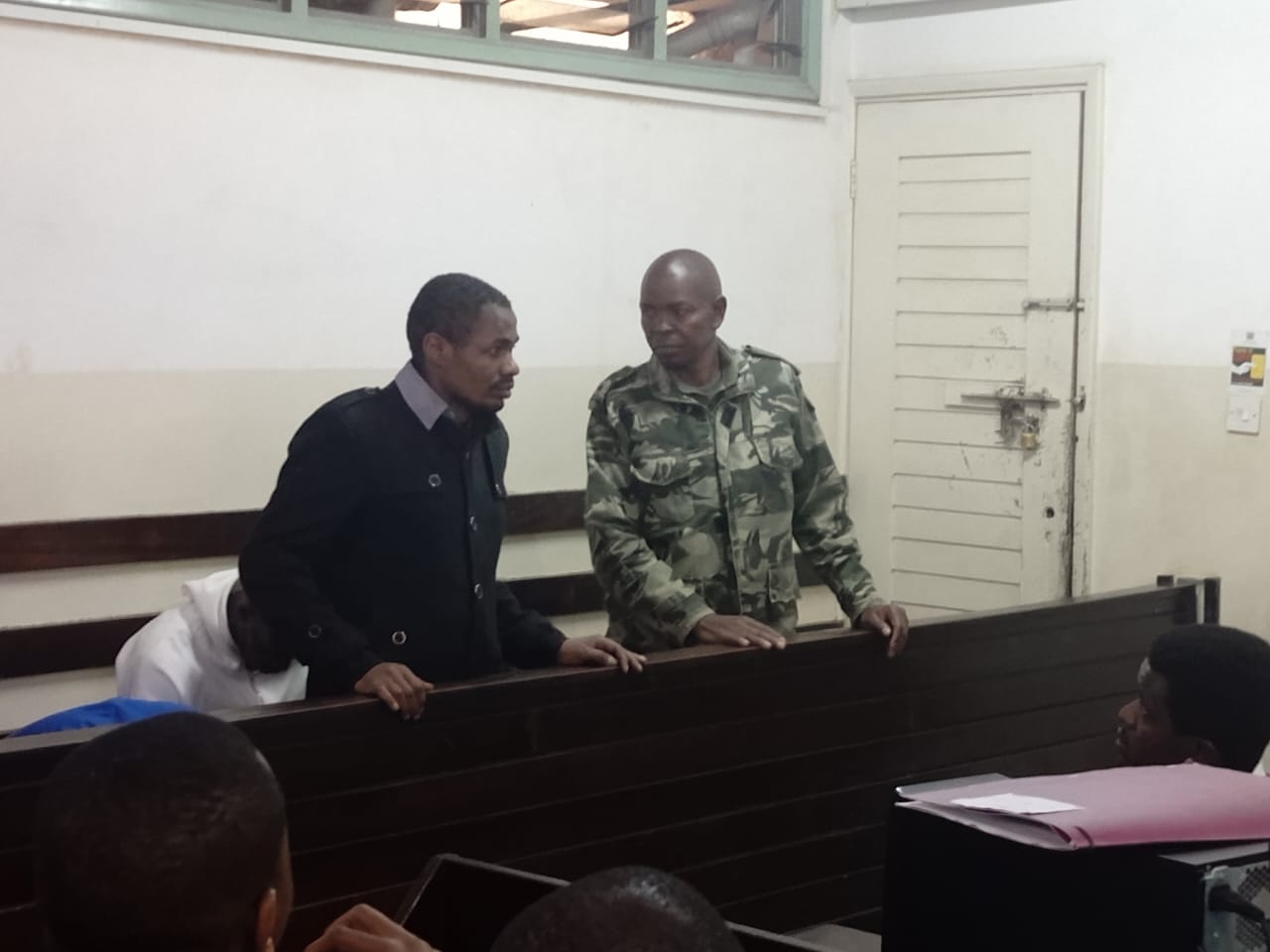
The plea-taking of Kennedy Kalombotole, the prime suspect in the murder of
two patients at Kenyatta National Hospital (KNH), has once again stalled after
his defence team challenged the mental assessment report declaring him fit to
stand trial.
When the matter came up before Justice Diana
Kavedza on Tuesday, the prosecution informed the court that the mental
assessment report was ready and confirmed that the accused was mentally fit to
proceed to plead to the charges.
However, Kalombotole’s defence team objected to
the report, questioning its format, substance, and the credentials of the
doctor who prepared it.
According to the defence lawyers, the document
presented in court consisted mainly of checkboxes with little explanation of
how the medical conclusions had been reached.
They argued that a proper mental evaluation
requires a detailed report indicating the period of examination, the
methodology applied, and the clinical observations made by the medical
officers.
“The report before us appears shallow. It merely
ticks boxes without stating how long the accused was observed or what processes
were followed to arrive at the conclusion,” the defence submitted.
The lawyers further noted that mental
evaluations in criminal proceedings are not a mere formality but a substantive
safeguard to ensure the accused is genuinely capable of understanding the
proceedings and mounting a proper defence.
They insisted that in Kalombotole’s case,
there had been suggestions, even from officers interacting with him in custody,
that he may not be fit to stand trial.
"We must be deliberative and substantive
and pray that orders for a proper mental assessment report be made before
plea-taking,” the defence argued.
Justice Kavedza asked the defence if the
suspect, in their personal view, was okay to stand trial.
The lawyers declined to give a straightforward
answer, instead stressing that the matter could only be addressed through a
comprehensive assessment.
The prosecution, on the other hand, opposed
the defence’s objections, insisting that the assessment declaring Kalombotole
fit for trial was sufficient and procedurally sound.
Counsel Denis Maina urged the court to
disregard the defence objections, stressing that the trial should not be
delayed unnecessarily.
“We need to cut through legalese and have this
matter commence, for the rights of the victims,” he submitted.
Prosecutor counsel Gikui Gichuhi emphasised
that the medical report was clear and sufficient.
“The doctor said he is fit to plead. The
reasons by the defence are not grounded. They haven’t specified any issues of
concern with the accused, only that they are not satisfied,” she told the
court, adding that the State was ready to proceed with plea-taking.
Nonetheless, the defence maintained that the
court should order a new, more detailed assessment before any plea is taken.
They prayed for directions, compelling the
preparation of a comprehensive report.
After listening to both sides, Justice Kavedza
deferred Kalombotole’s plea.
She noted that she had not yet had the
opportunity to examine the Court of Appeal authority cited by the defence and
acknowledged that there may be gaps in the manner in which it had been relied
upon.
“I will need time to come up with an elaborate
ruling. I have not had occasion to look at the Court of Appeal ruling that has
been relied on,” Justice Kavedza said, before pushing the matter to October 27.
The deferment prolongs the wait for the formal
commencement of the trial.





